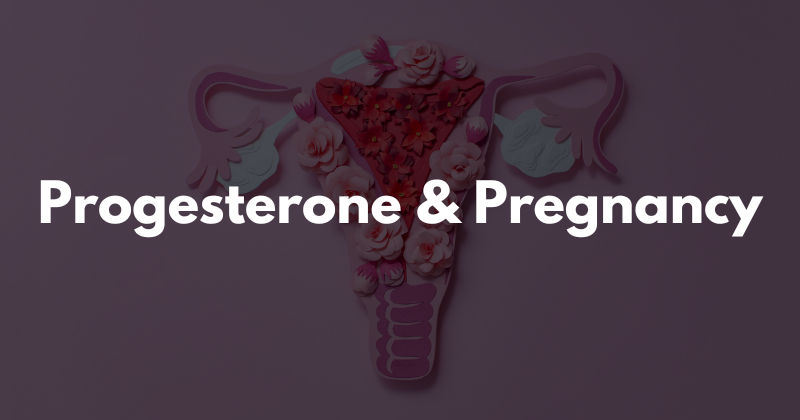A common question we get asked from those interested in becoming surrogate mothers is “what is the difference between a gestational surrogate and a traditional surrogate?” If you have read some of our other articles you might have seen us talking about this difference though in today’s blog, we are going to focus on this question and help clear the air between the two types of surrogates.
What is the difference between a gestational surrogate and a traditional surrogate?
Before going into the differences between a gestational surrogate and a traditional surrogate, it is important to point out that both of these types of surrogates can carry someone else’s child. With that being said, when people mention “surrogate” and are referring to a surrogate mother who’s agreed to carry someone’s baby, they usually are referring to a gestational carrier, also know as a gestational surrogate.
What is a gestational carrier or gestational surrogate?
A gestational carrier, or gestational surrogate, is a woman who carries an embryo which was created with the intended mother (or donor’s) egg and the intended father (or donor’s) sperm. A gestational carrier becomes pregnant through in vitro fertilization (IVF), which is when the embryo, created by the intended parents/donors, is placed into the gestational carrier’s uterus.
What is a traditional surrogate?
Unlike a gestational carrier, a traditional surrogate is one who is pregnant and carrying a child in which they are the biological mother. For traditional surrogates the egg is of the surrogate and the child is conceived traditionally or with sperm from a donor.
Which is the most common type of surrogate?
The most common type of surrogate is the gestational carrier, or gestational surrogate. When it comes to surrogacy agencies, a majority will only work with gestational surrogates as this allows the intended parents to be biologically related to their child (you can read more about this here).
Closing thoughts
We hope this explanation has been helpful! To summarize, gestational surrogates, or gestational carriers, are surrogates whom carry the embryo created by the intended mother/donor’s egg and intended father/donor’s sperm while traditional surrogates use their own egg and the child is conceived either traditionally or by use of a donor’s sperm. If you are interested in becoming a surrogate, or if you are an intended parent looking for an experienced and reputable surrogacy agency to work with, we would love to speak with you! For more information on our agency, or to speak with one of our specialists, we welcome you to reach out to us on our contact page. We look forward to speaking with you soon!
Wendy Arker entered the field of infertility with a huge heart and passion to guild others on their quest to grow their own family after her personal journey with infertility and turning to egg donation and sperm donation to create her own family. Being a single-mother-by-choice, Wendy understands firsthand the unique way families are built. Whether you’re a married couple, single, or LBGTQ, Creative Love is committed to assisting you.























